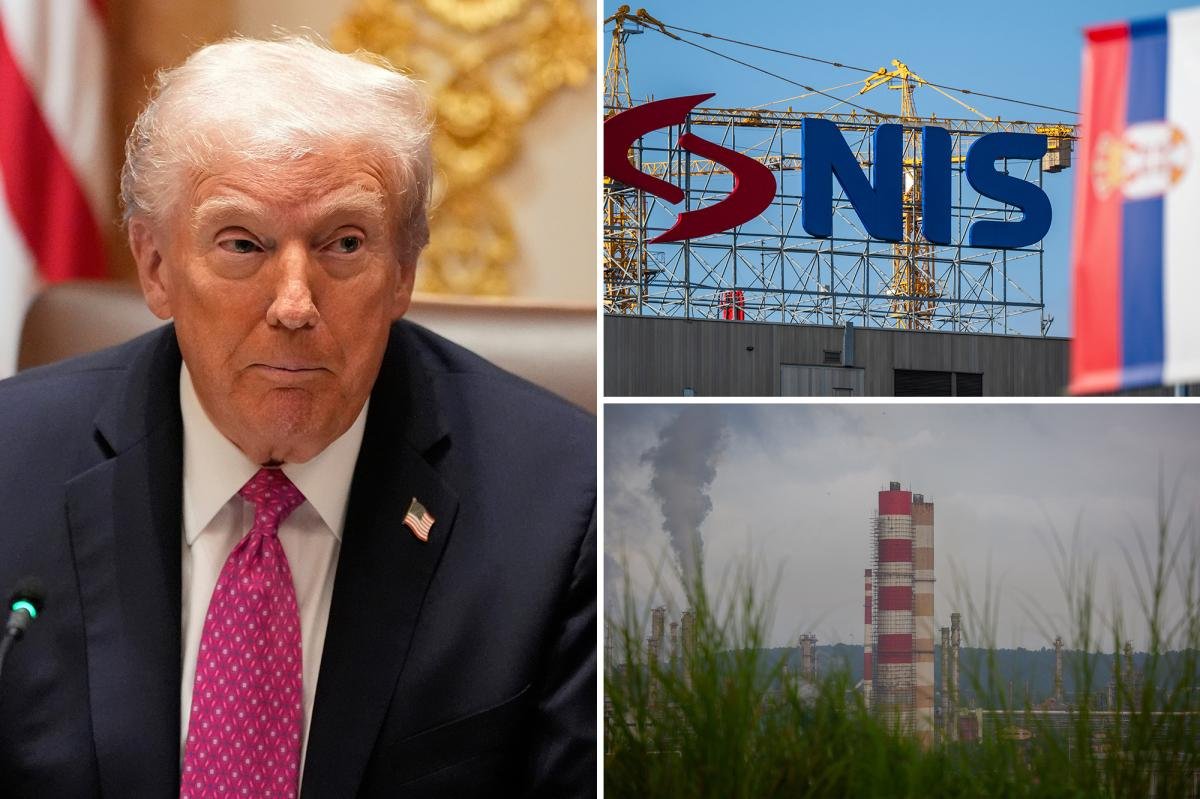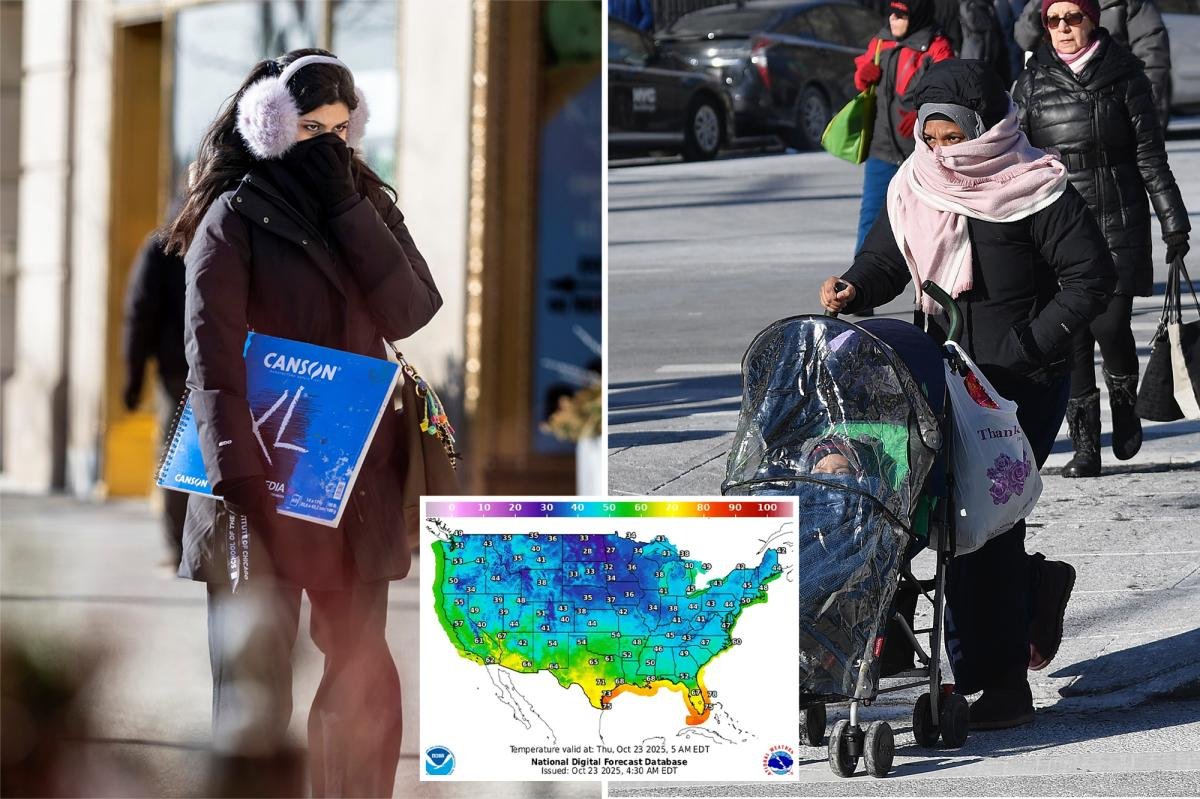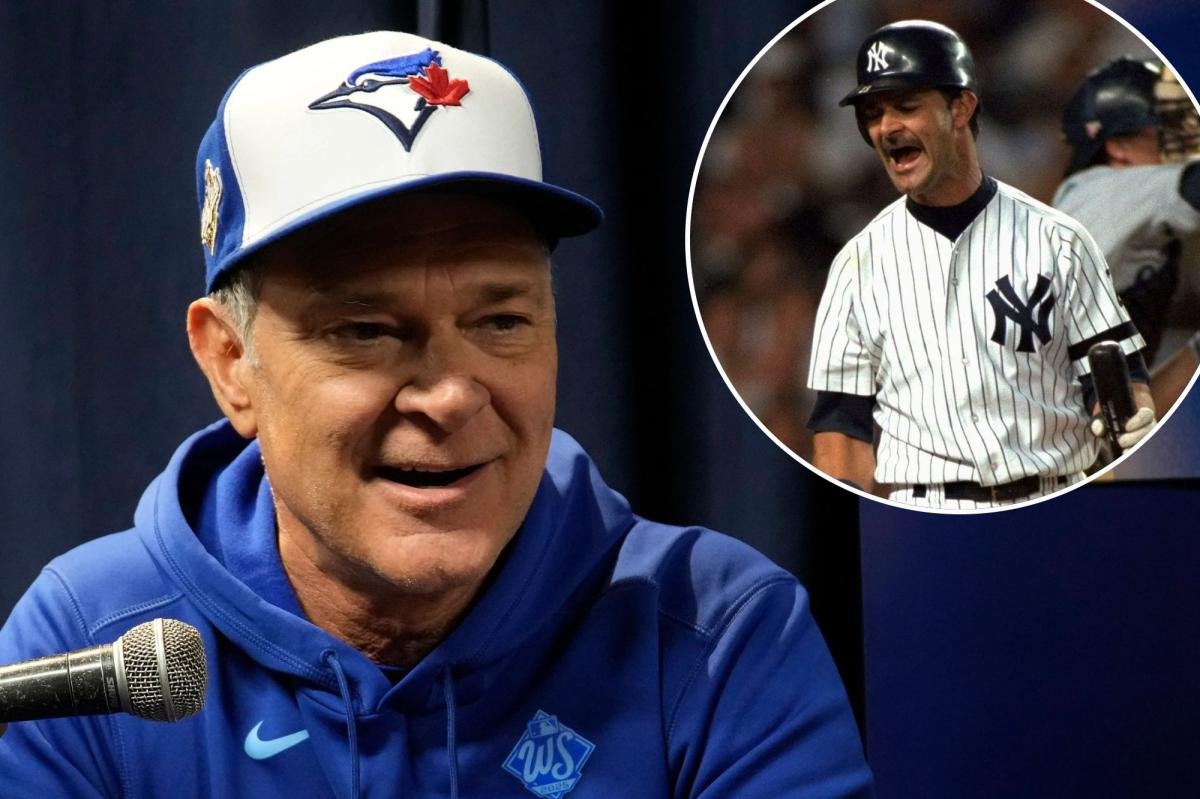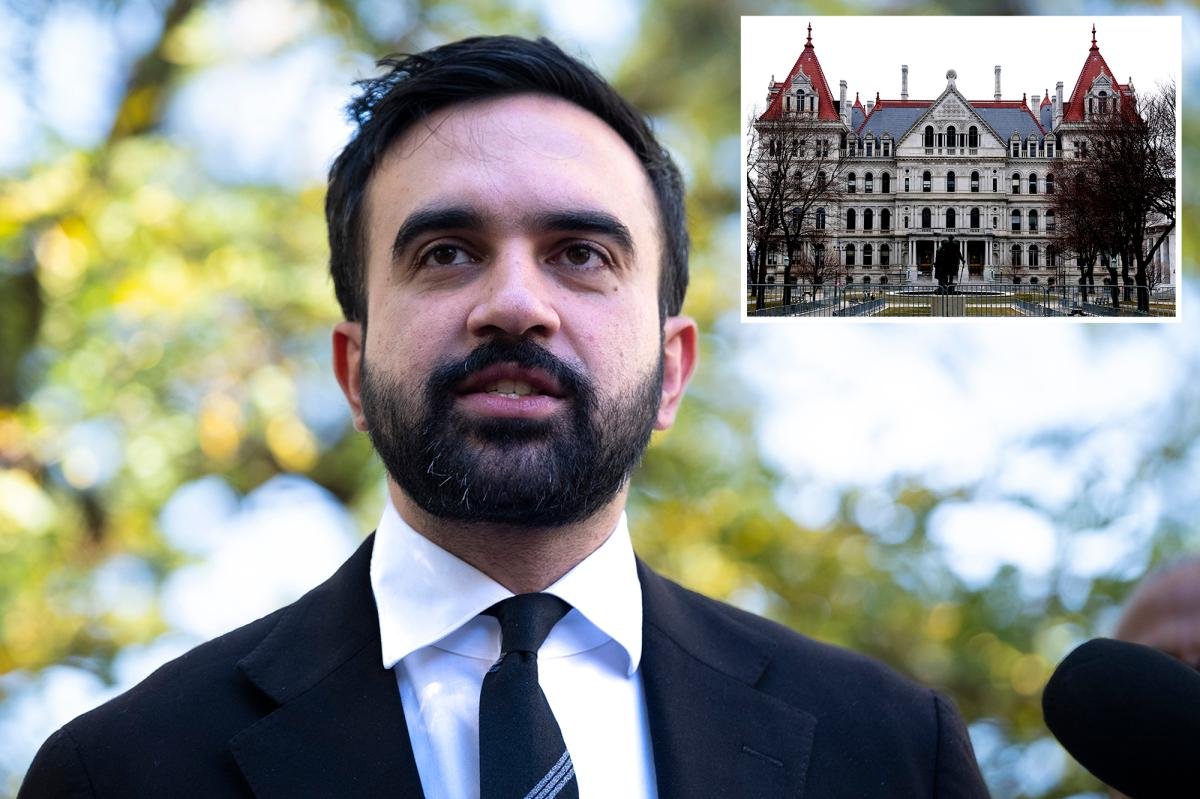
China and India limit purchases of Russian oil after Trump imposed sanctions on Rosneft and Lukoil

China and India back off buying Russian oil after President Trump imposed sanctions on two of Moscow’s largest exporters Wednesday.
Chinese state-run oil companies PetroChina, Sinopec, Sinoc and Zhenhua Oil suspended purchases of Russian seaborne oil after the Treasury Department announced sanctions on Rosneft and Lukoil, citing Moscow’s “lack of serious commitment to the peace process for peace,” Reuters reported on Thursday. Ending the war in Ukraine“.
However, oil shipments are expected to continue via a pipeline linking Russia and China.
Meanwhile, the news agency reported that Indian refiner Reliance Industries will reduce or stop its imports of Russian crude soon. A spokesman for the Mumbai-based group said Reliance had begun “resetting Russian oil imports”, but did not provide further details.
China and India are the world’s biggest buyers of Russian oil, together accounting for up to 85% of Moscow’s exports in August, according to Energy and Clean Air Research Center.
If Beijing and New Delhi decide to completely divest from Rosneft and Lukoil, Russia’s ability to finance its invasion of Ukraine will likely be permanently hampered.
Chinese Foreign Ministry spokesman Guo Jiaqun said Thursday that Beijing “opposes” US sanctions, claiming they have “no basis in international law.”
The White House described the sanctions as the latest attempt to bring Russian dictator Vladimir Putin to the table for serious talks about ending the 32-month-old war in Eastern Europe after canceling plans for a summit with Trump in Budapest, Hungary, earlier this week.
“We still want to meet with the Russians,” Secretary of State Marco Rubio told reporters Wednesday evening as he departed Joint Base Andrews for a trip to Israel. “We still want to – and I think I – had a good call with (Russian) Foreign Minister (Sergei) Lavrov, and we will follow up on that. We will always be interested in participating if there is a chance for peace.
“I think the president has said repeatedly for several months that at some point he’s going to have to do something if we don’t make progress on the peace agreement,” Rubio added. “Today was the day he decided to do something.”
Meanwhile, Treasury Secretary Scott Besent said his department “stands ready to take further action if necessary to support President Trump’s efforts to end another war.”
Meanwhile, The European Union banned the purchase of Russian LNG imports, and issued sanctions on Chinese companies that supply Russia with dual-use goods – that is, items with both civilian and military uses – that could help Russia circumvent trade restrictions.
On Thursday, Putin downplayed the potential effects of the sanctions.
“Yes, it is of a serious nature for us, of course, it is clear and it will have certain consequences, but it will not significantly affect our economic well-being,” he said.













Post Comment